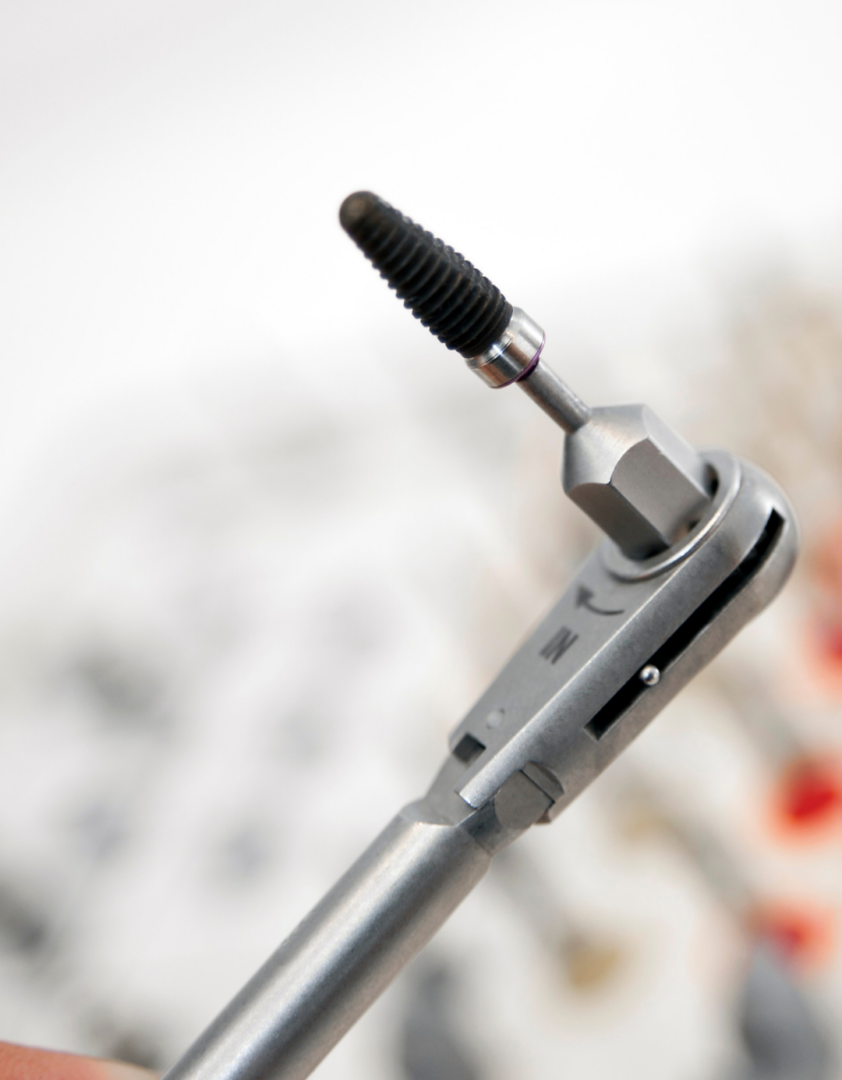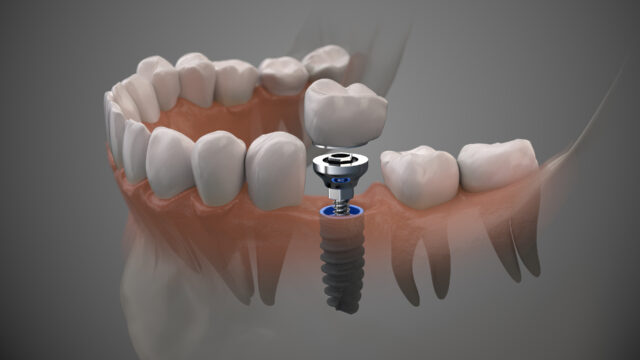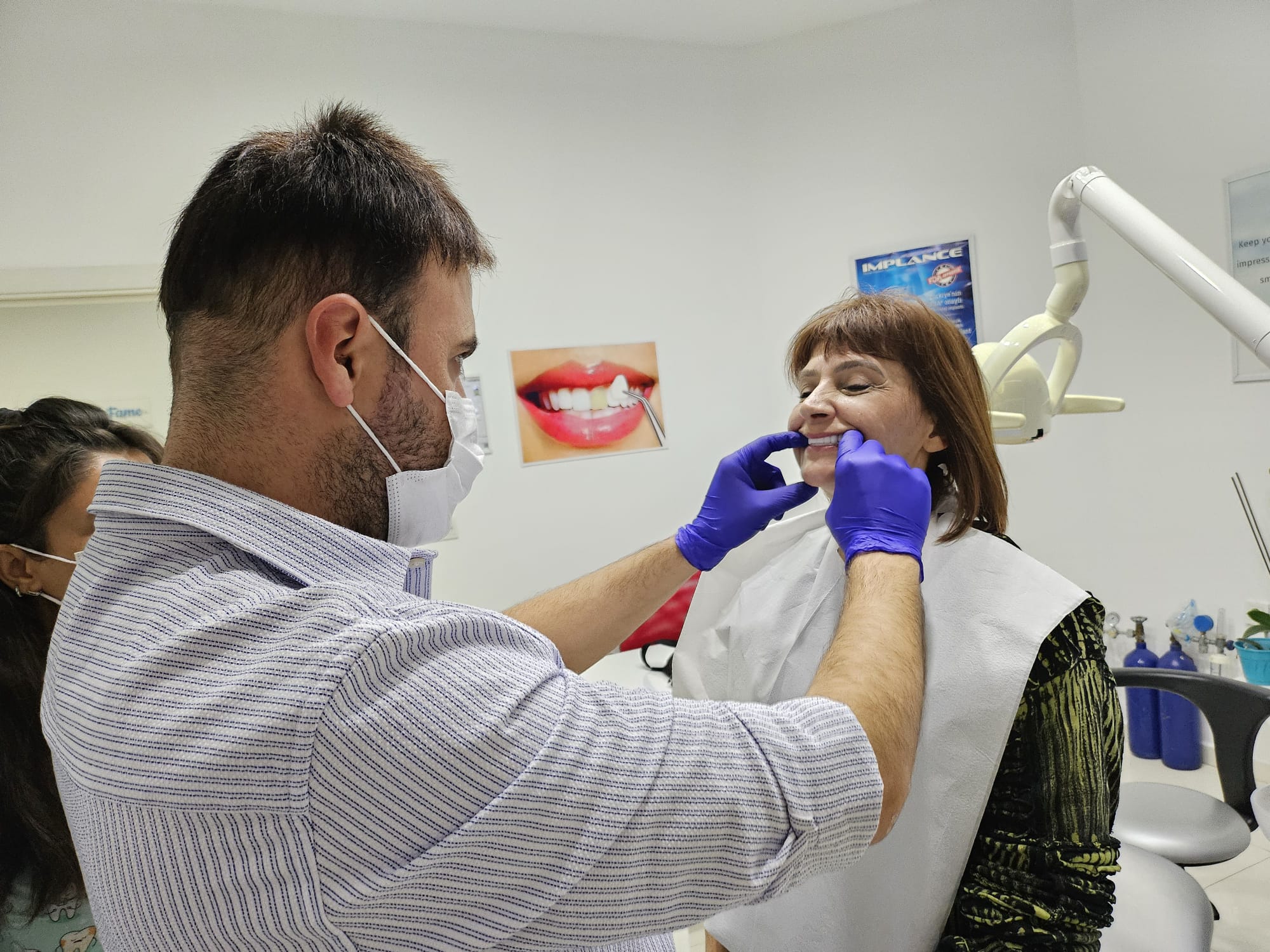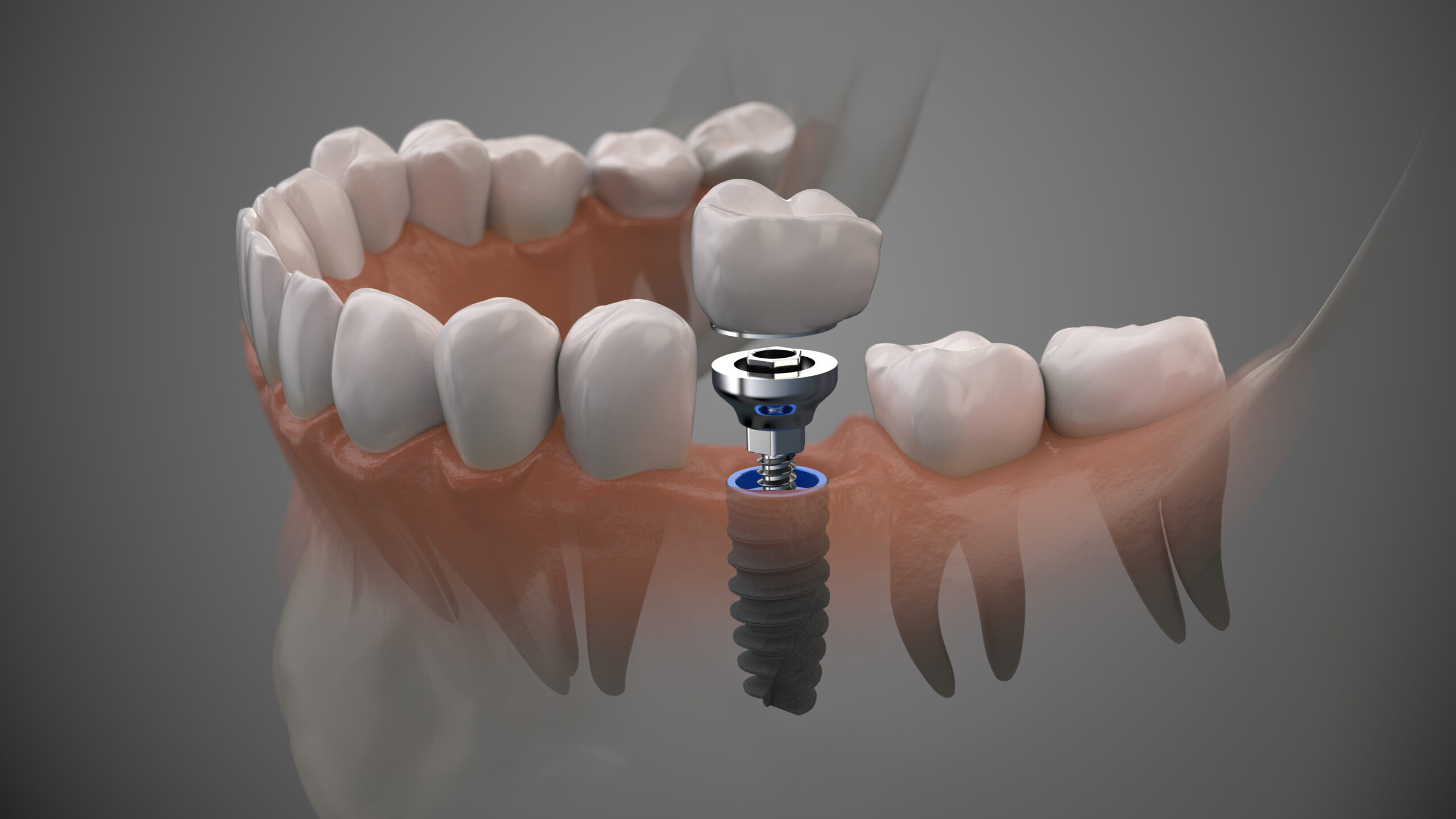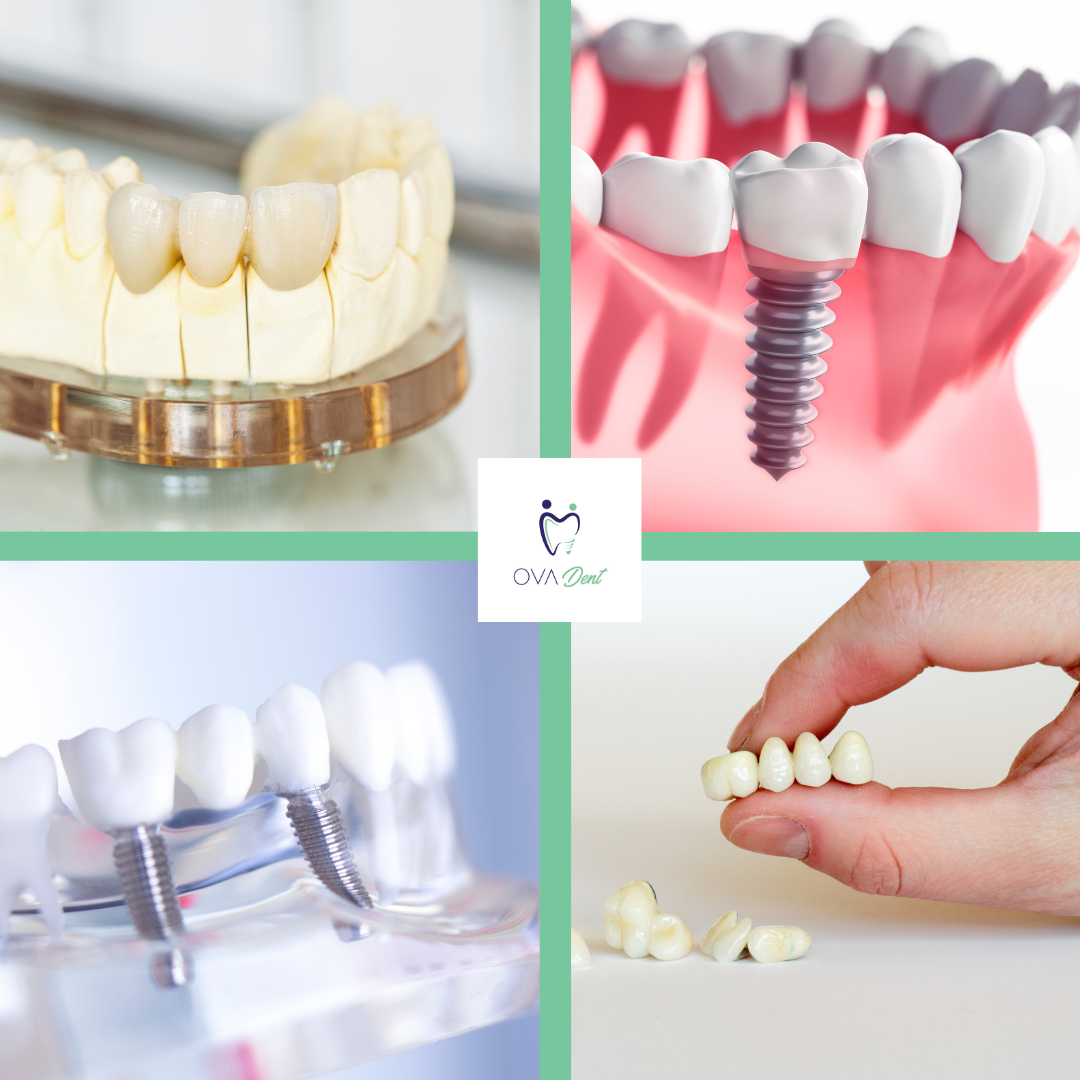Renew Your Smile: The Unrivaled Preservation of teeth and Independent Support of Dental Implants
Do not rely on adjacent teeth for support, preserving natural tooth structure.
When we discuss how dental implants do not rely on adjacent teeth for support, thus preserving natural tooth structure, we’re highlighting a key advantage of implants over certain other tooth replacement options. Here’s an elaboration on this point:
Independent Support System:
Dental implants are standalone prosthetic devices that are surgically placed into the jawbone, where they serve as artificial tooth roots. Unlike traditional dental bridges, which rely on adjacent healthy teeth for support, implants are anchored directly into the jawbone and do not require alteration or preparation of neighbouring teeth.
By offering an independent support system, dental implants provide several advantages over traditional dental bridges. Firstly, they offer enhanced stability and durability, allowing individuals to comfortably bite, chew, and speak without concerns of slippage or discomfort. Additionally, since adjacent teeth remain untouched, there’s no risk of compromising their integrity, preserving overall dental health and longevity.
Preservation of Natural Teeth:
Dental bridges necessitate the preparation of adjacent healthy teeth to serve as abutments for anchoring the bridge. This process involves removing enamel and potentially compromising the structural integrity of otherwise healthy teeth. In contrast, dental implants do not impact neighbouring teeth, preserving their natural structure and function.
Dental implants represent a remarkable advancement in dental prosthetics, serving as standalone devices surgically integrated into the jawbone. These implants essentially mimic the natural function of tooth roots, providing a sturdy foundation for replacement teeth or dental prostheses. Unlike conventional dental bridges that necessitate support from adjacent healthy teeth, dental implants stand independently, eliminating the need for altering or preparing neighboring teeth.
Long-Term Oral Health:
Preserving natural tooth structure is crucial for long-term oral health because it helps maintain the integrity of the entire dental arch. Dental implants play a significant role in this preservation process by providing a stable and independent support system for prosthetic teeth.
When traditional dental prosthetics like bridges or partial dentures are used, healthy adjacent teeth often need to be altered or shaved down to accommodate the restoration. This alteration weakens these teeth and makes them more susceptible to decay, sensitivity, and even structural instability over time and not promoting preservation of the jaw bone or remaining teeth and tissue. Additionally, the pressure exerted on these modified teeth from supporting the restoration can lead to issues like gum recession and bone loss in the long run.
Stability and Durability:
Dental implants provide a stable and durable foundation for dental restorations, such as crowns, bridges, or dentures. Because they integrate directly with the jawbone, implants offer reliable support for replacement teeth, enabling patients to chew, speak, and smile with confidence. This stability contributes to the overall success and longevity of dental implant restorations.
Because they don’t rely on adjacent teeth for support, there’s no need to modify healthy teeth. This preserves the natural tooth structure and helps maintain the overall health and stability of the surrounding dental tissues.
Dental Implants; Transforming Smiles With Dental Implants #1 (ovadent.com)
Aesthetic Considerations:
Preserving natural tooth structure can also have aesthetic benefits, as it maintains the harmony and balance of the smile. Dental implants offer a seamless and natural-looking solution for replacing missing teeth, enhancing the overall appearance of the smile while preserving the integrity of adjacent teeth.
By opting for dental implants, patients can enjoy a restoration that closely resembles natural teeth in both function and aesthetics while safeguarding the long-term health and preservation of their remaining teeth and supporting structures. This approach not only enhances oral health but also contributes to improved overall well-being and quality of life.
In summary, dental implants provide an independent support system for tooth replacement, eliminating the need to rely on adjacent teeth for support and preserving natural tooth structure. This feature not only promotes long-term oral health and preservation of the jaw and surrounding tissue, but also enhances the stability, aesthetics, and functionality of dental implant restorations.
